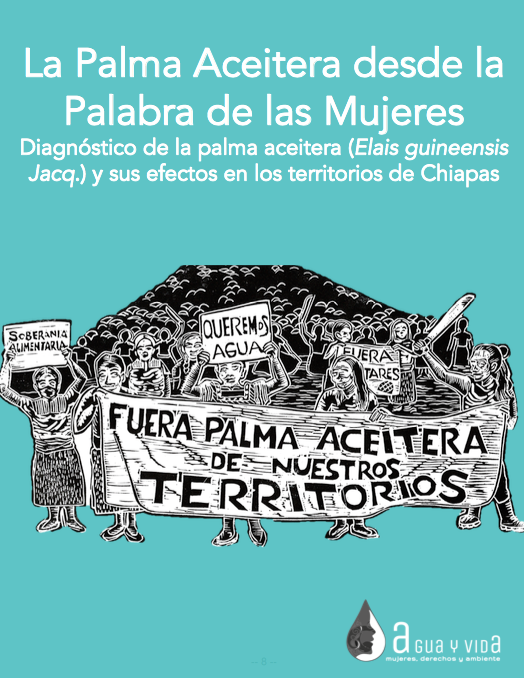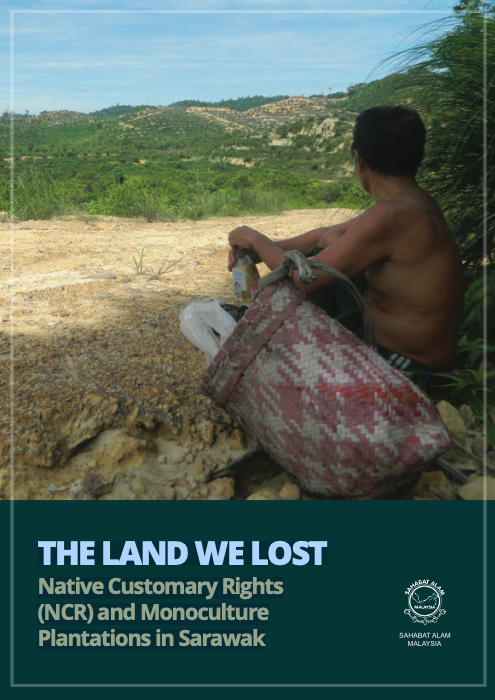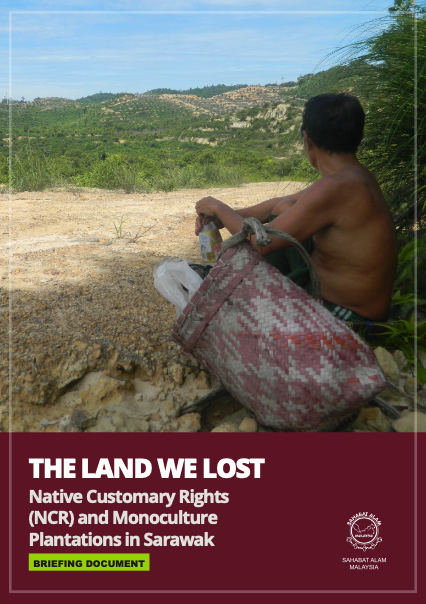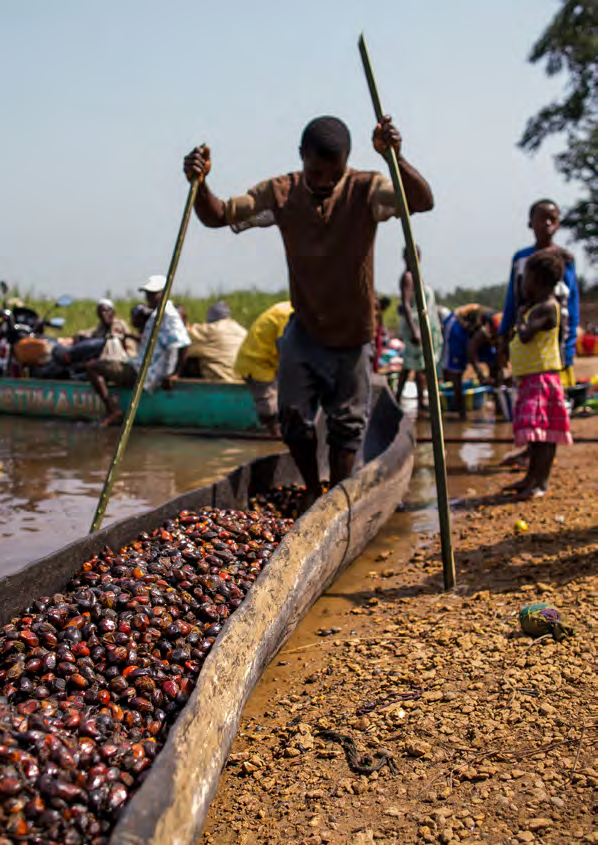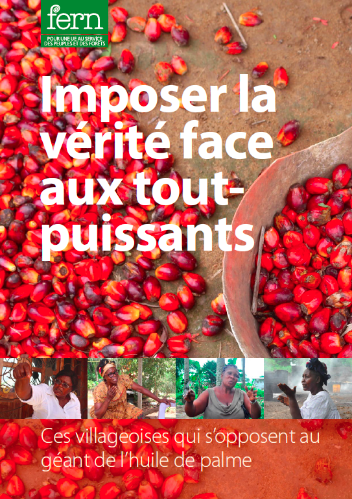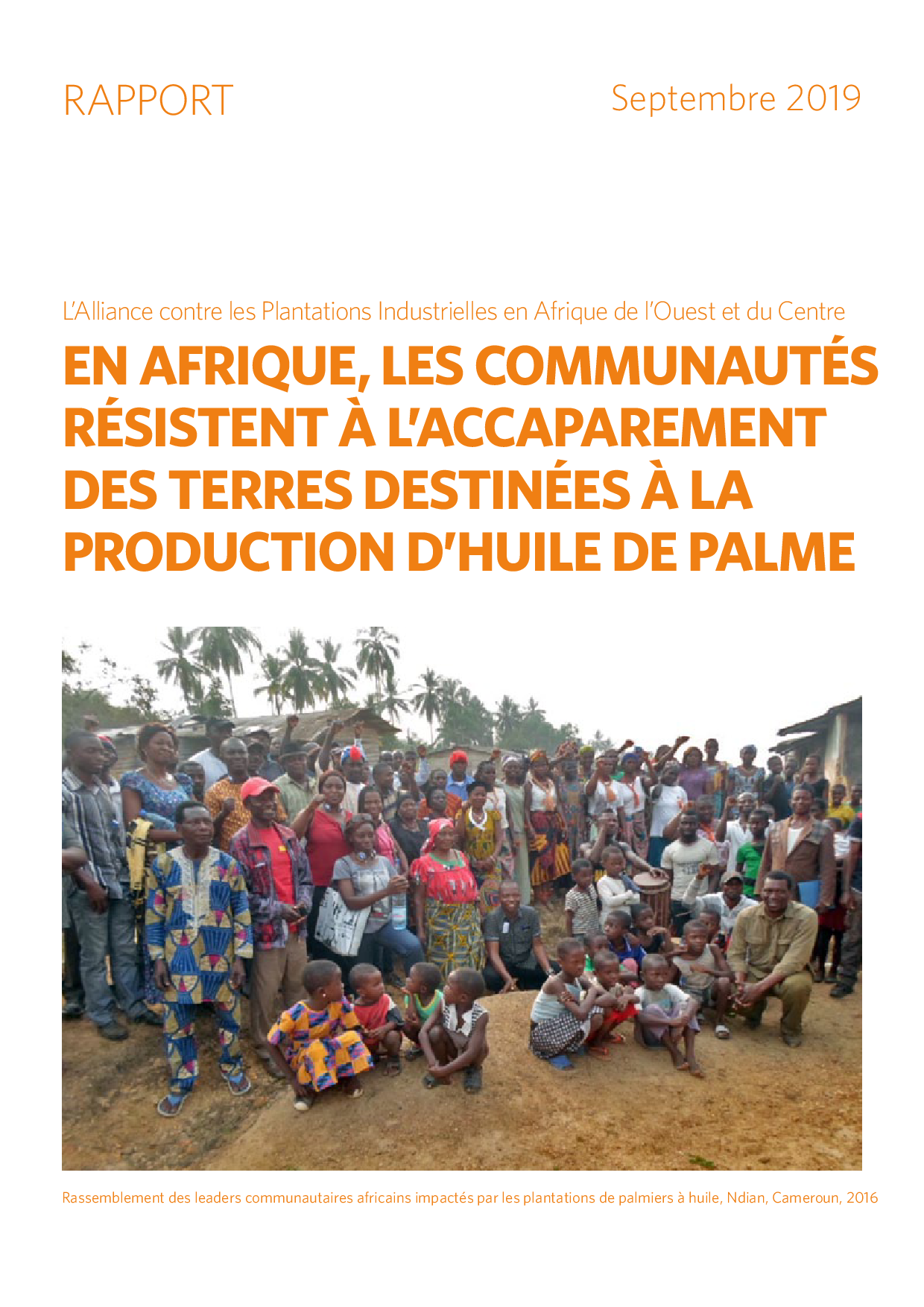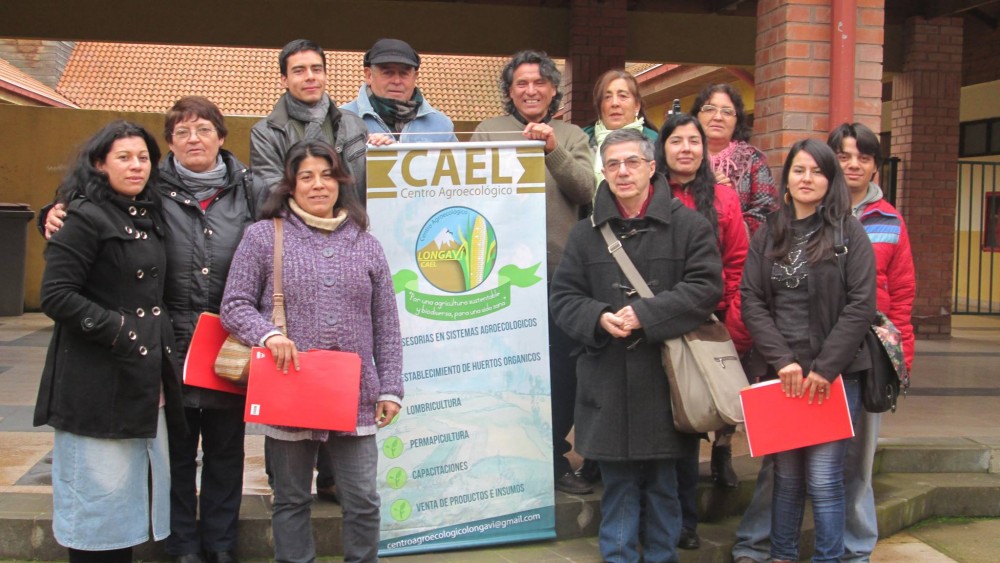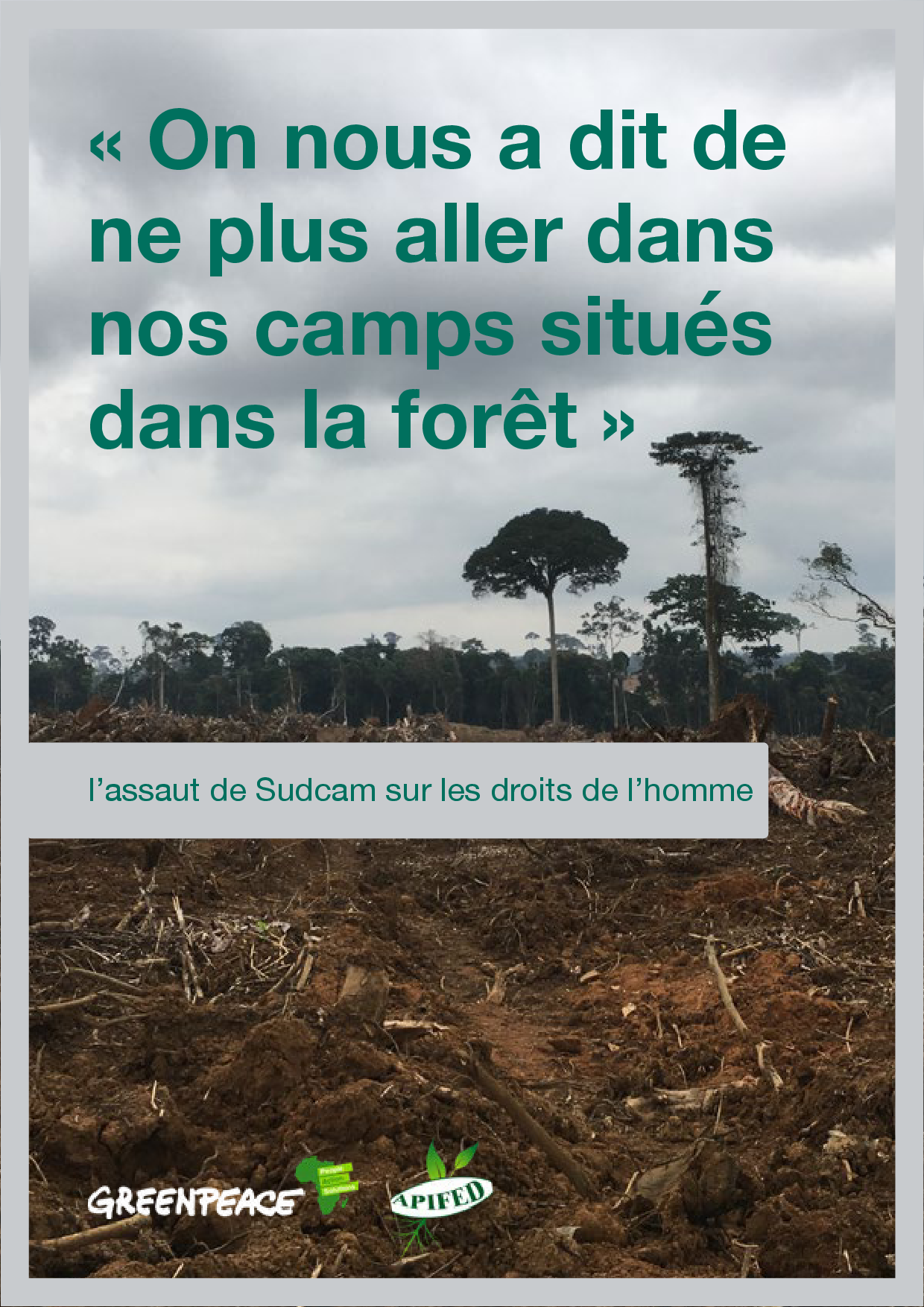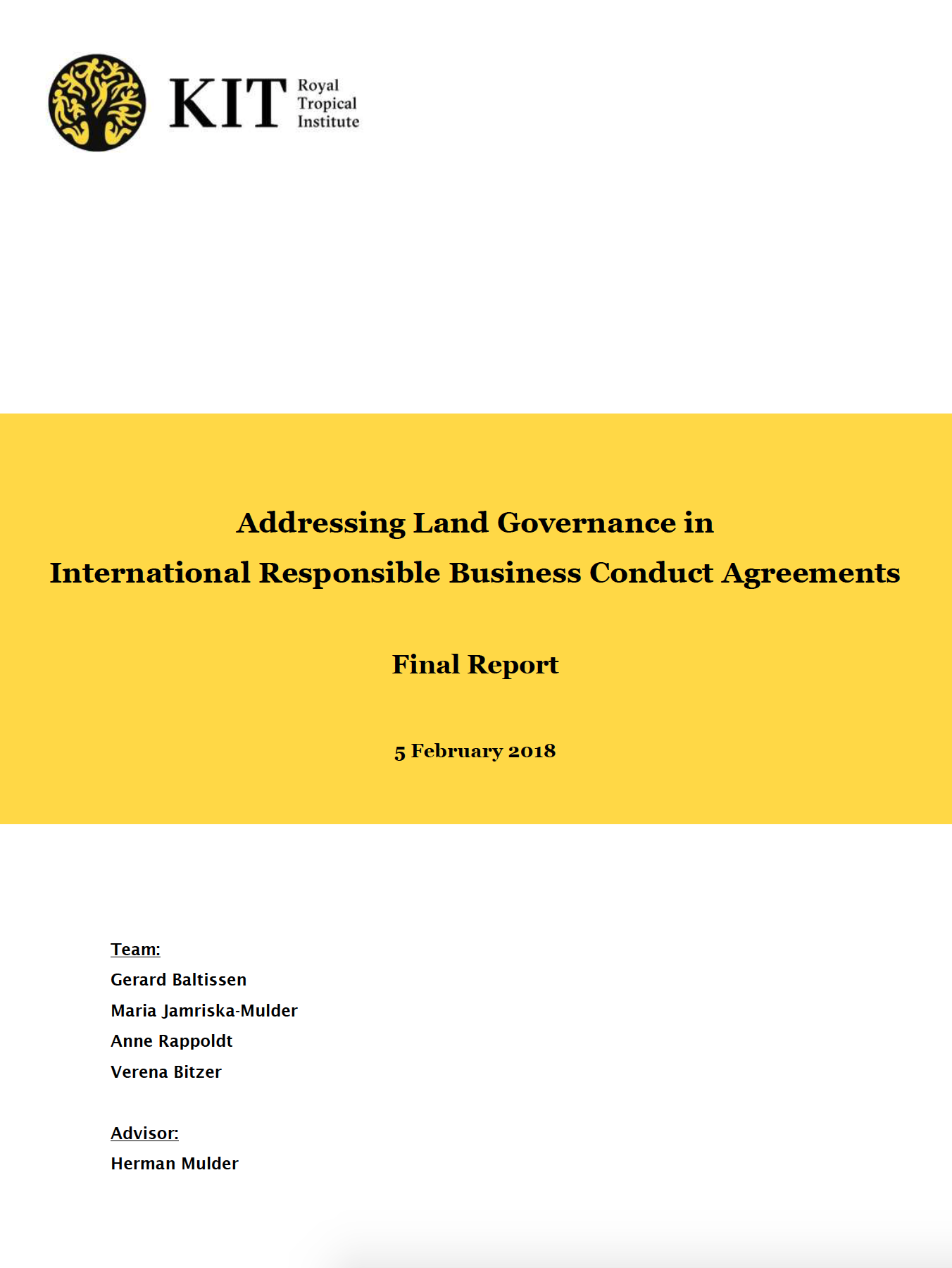GHG Balance of Agricultural Intensification & Bioenergy Production in the Orinoquia Region, Colombia
Energy crop expansion can increase land demand and generate displacement of food crops, which impacts greenhouse gas (GHG) emissions mainly through land-use change (LUC). Increased agricultural productivity could compensate for this. Our study aims to evaluate the regional combined GHG emissions of increasing agricultural yields for food crop and beef production and using the generated surplus land for biomass production to replace fossil fuels in the Orinoquia region of Colombia until 2030.


